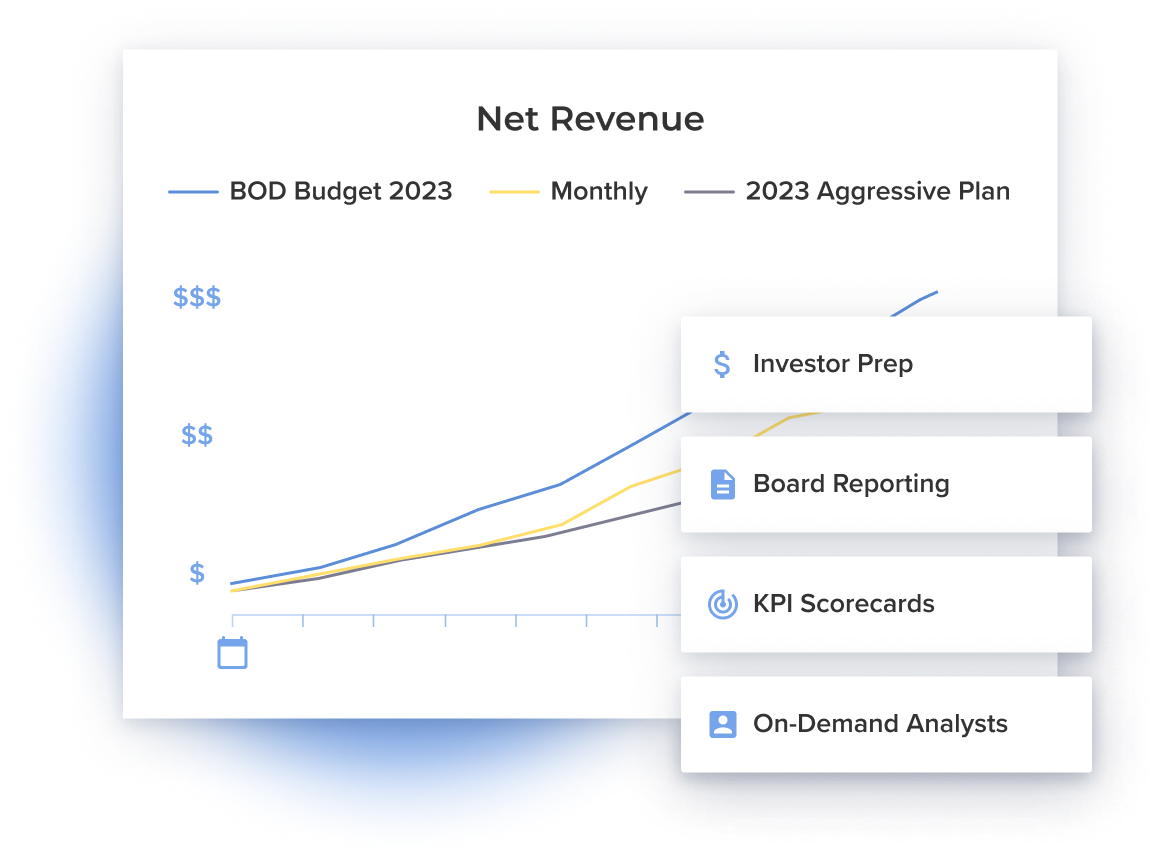Angel Investors
The main differences between friends and family investors and angel investors are experience and perception. For example, your mom (probably) doesn’t pretend to be a startup investor — she’s giving you money because she believes in you.
Angel investors, on the other hand, invest regularly. In fact, for some, it’s a full-time job. Angels almost always invest their own personal money. They may be individuals or parts of formal or informal networks of angels.
Angels can bring experience and a certain level of professionalism to the table. That said, as a result, they will also likely have more expectations. They will want to see the deck, the pitch, and the monthly reports. They will want to hear the pitch, do due diligence, and hear your answers to their questions. And you may not know these people personally already, so seeking angel investment may require heavy networking.
👼 A note about angel networks: Unless you are a big mover in the startup world, succeeding as an angel investor can be hard. How do you get enough deal flow? How do you qualify and decide which deals to do and which to pass on? How do you decide where to spend your time with investments? How do you stay on top of investments and at least keep in touch and make sure you are around if/when the company does well? It’s a lot easier to do that as part of a group. So, many angels have banded together to form networks to share this work.
Pros
- Angels can be a nice way for DTC companies to ease into venture capital funding. The process is generally easier and friendlier, and there is much less “ghosting.”
- It is typically a lighter lift with lower legal fees. (The legal documents required are usually simple SAFEs or Convertible Notes.)
- Angels often provide fantastic networking opportunities. They know other angels, VCs, potential new hires, partners, and more.
- Angels typically want to help and will continue supporting you along your journey. As your company grows and evolves, you can continue tapping them for access to their networks and advice.
Cons
- Angels will sometimes ask for non-standard terms in docs or pro-rata rights and other requests. At the time, this may not seem like a big deal (and you may be tempted to say “yes” to just get the deal done), but later these terms can become a real pain to deal with and hurt you financially. Our advice? Keep terms vanilla, standard, and in your favor.
- Angels want to see an exit and expect some huge multiple (e.g., 50X, 100X) of their money back when that exit happens.
Best For:
- Angel investment is best for companies committing to the venture capital path. See below to better understand whether the VC path is for you.
- Early-stage founders are often the best fit for angel investment. At this stage, you have more than just an idea and a deck — you are up and running, making some sales, and showing how the business will work in the future. But that’s not to say that every early-stage DTC founder should go with angel funding.
Pairs With:
- Venture capital (down the road)
- Credit cards, merchant cash advance (MCA), working capital SMB lenders



